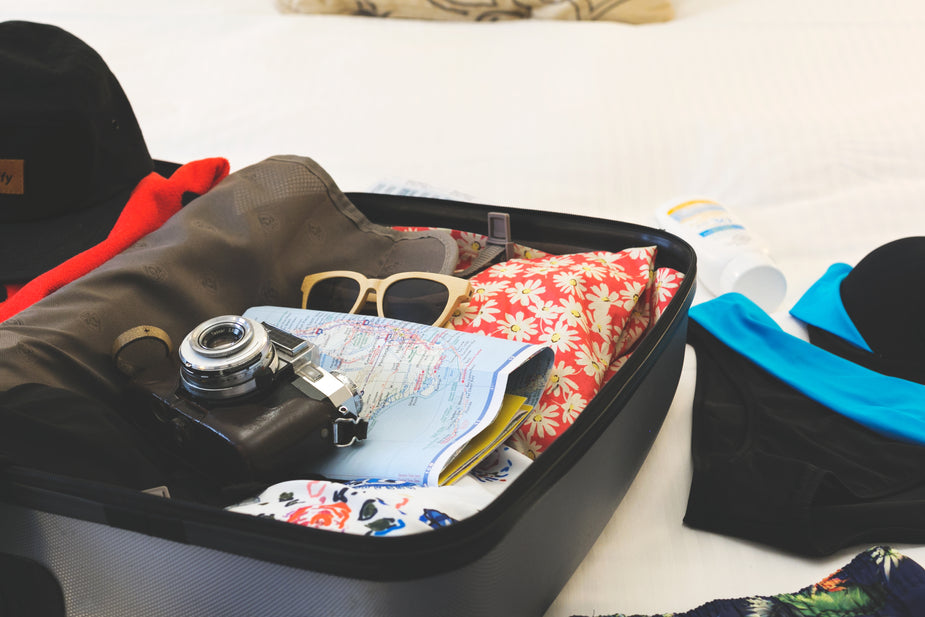You have lymphedema — or any kind of edema — and you want to travel. You’ll need to consider how this will affect you. Here are a few essential things to consider …
Absolutely consult with your healthcare providers, including your primary care physician and lymphedema specialist. Discuss your travel plans, destinations, and any specific concerns related to your condition. They can offer personalized advice, recommend precautions, and provide necessary medical documentation or prescriptions for your journey.
Here’s the thing — if your healthcare team strongly advises you not to go, we’ll have to agree. But let’s stay optimistic and assume they’re on board.
Pack with your edema in mind. Prioritize items that you will use on a daily basis for your self-management. Pack enough supplies to last throughout your trip, plus extras in case of unexpected delays or emergencies. Consider bringing a small first-aid kit containing wound care supplies and any medications you may need.
Stay hydrated and keep moving. Traveling, especially by air, can increase the risk of swelling and fluid retention. Stay hydrated by drinking plenty of water throughout your trip. Try to avoid excessive salt and alcohol consumption which can make swelling worse. Incorporate regular movement and exercise into your itinerary whether it's stretching during layovers, taking short walks on the plane or train, or participating in low-impact activities at your destination. Compression garments like your SiennaWrap can provide additional support during travel and help prevent fluid buildup.
Plan for Comfort and Accessibility
If traveling by plane or train, request seating arrangements that allow for extra legroom and easy access to restroom facilities. And when booking your hotel or rental property, ask about accessibility features like elevators, handrails, and accessible bathrooms.
Be Mindful of Environmental Factors
Extreme temperature, humidity, and exposure to sun or water can affect lymphedema. We’re not saying you can’t go to a tropical beach, but you should take a few reasonable precautions. Protect your skin from sunburn and insect bites by wearing lightweight, protective clothing, applying sunscreen regularly, and using insect repellent as needed. Avoid hot tubs, saunas, or excessively hot weather, as heat can increase swelling and discomfort.
Stay Connected and Informed
Let friends and family know where you’re going. Keep important contact information readily accessible, including the names and phone numbers of your healthcare providers, emergency contacts, and medical insurance information. Research healthcare facilities and resources at your destination in case you need medical assistance while traveling.
Remember to listen to your body, prioritize self-care, and seek assistance or medical attention if you experience any concerning symptoms or complications while away from home. Happy travels!


